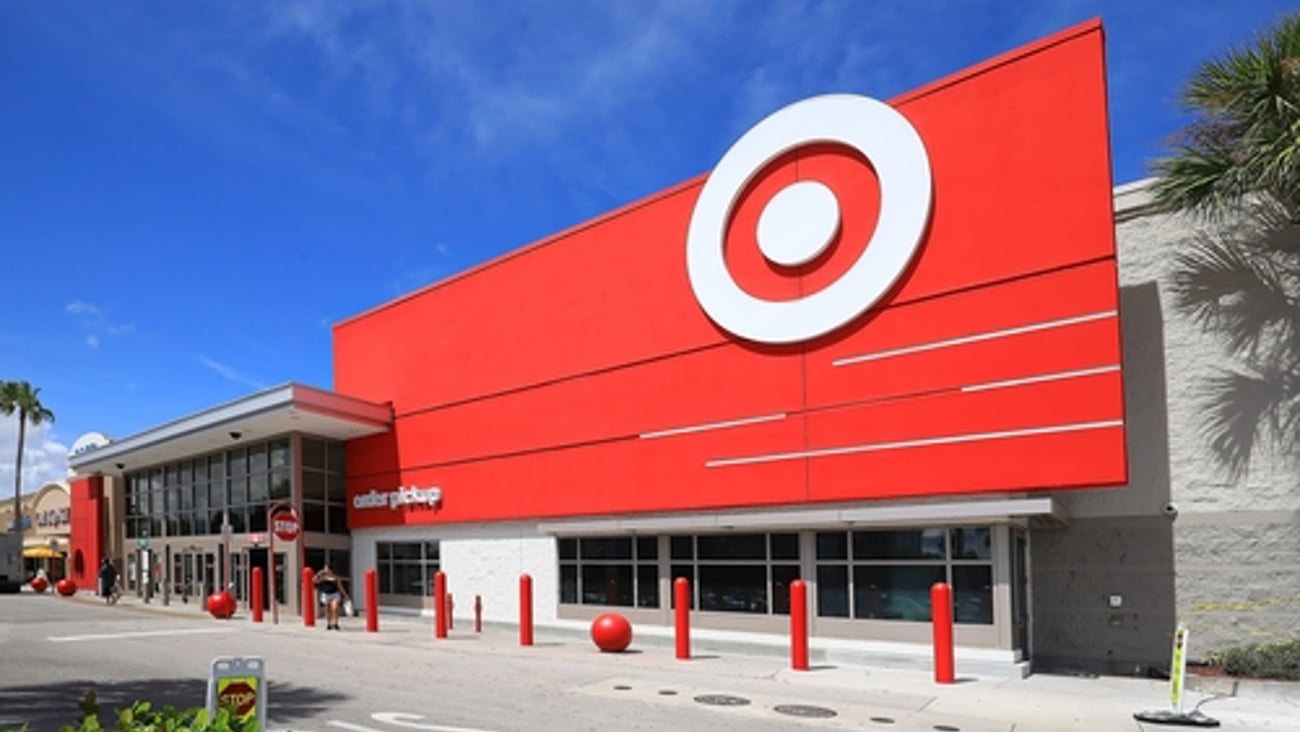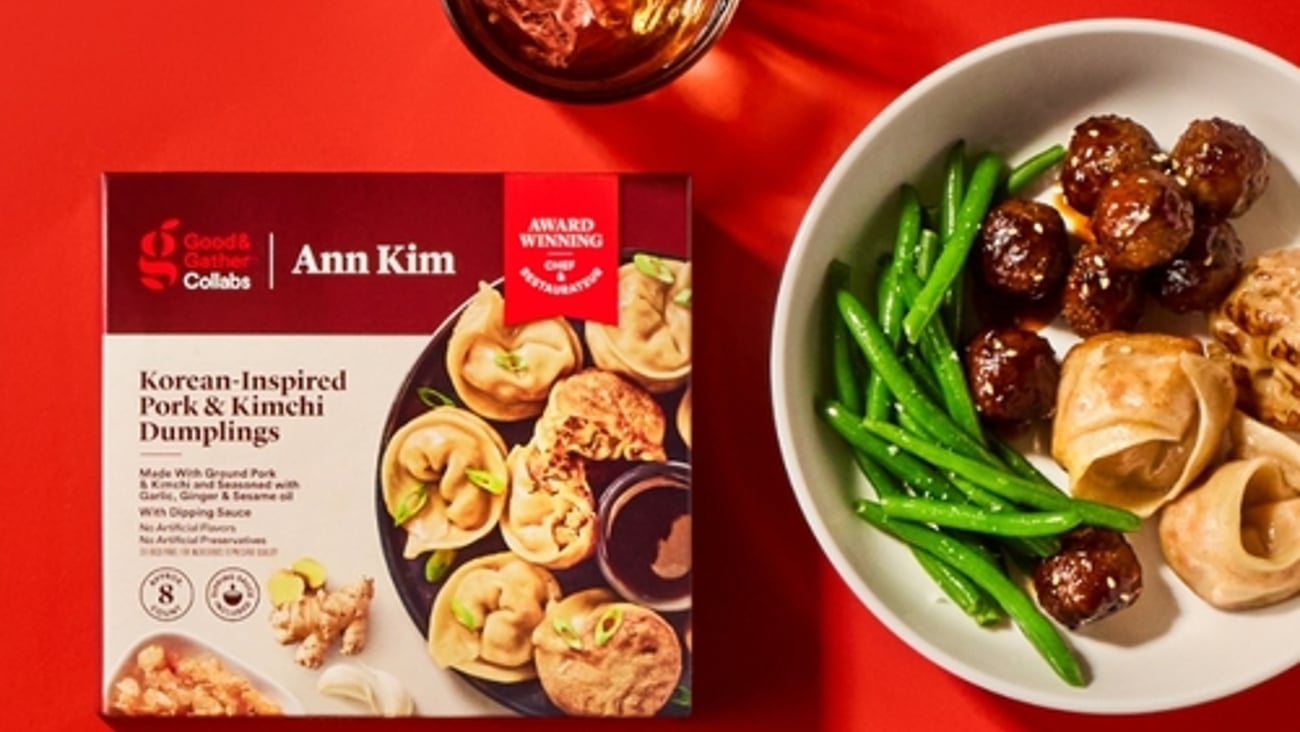2018: The year of the store brand?
As I paged through the Sunday morning newspaper on New Year’s Eve, my eyes were drawn to the Walmart circular, which was packed with advertisements touting Walmart’s private-branded food products under the heading, “Bring on the party.”
On the cover of the circular, which featured a luscious photograph of various foods from Walmart’s store brands, the retailer touted its Great Value Sweet & Spicy Bacon Wrapped Chicken, Sam’s Choice Meatballs, Marketside Spinach Dip and other items as party fare to help ring in the New Year. The first few pages of the insert were much the same — dominated by ads featuring Walmart’s private brands. I’m sure the circular got more than a few people to trek to Walmart to purchase the retailer’s own brands as party offerings.
Perhaps the Walmart circular is a sign to what’s coming in 2018. Could this be the year of the store brand?
In the past several months, I’ve spoken to various industry insiders and experts who believe store brands are ready to take off … maybe not to infinity and beyond but to a level that store brands haven’t been to in several years.
Don Stuart, co-founder of Wilton, Conn.-based Cadent Consulting Group, which specializes in private brands strategies, told me recently that the time is ripe for “significant private brands acceleration” in grocery.
“Since 1980, private label has been through peaks and troughs. Its share rises when there’s a recession and falls when there’s a recovery,” Stuart says. “Time and time again this has proven to be the case. Up until now.”
Stuart believes a number of factors will contribute to the growth of store brands, even in a strong economy and with consumer confidence at a 17-year high. He and others believe that retailers will utilize their store brands perhaps more than ever before to differentiate from each other in an ever-competitive market place.
Todd Maute, a partner at New York-based brand agency CBX and a consultant for private brands, believes grocery retailers will soon begin devoting more of their business to private brands.
“I think the level of commitment is in its infancy and will build pretty quickly,” he adds.
Doug Baker, vice president of industry relations, private brands and technology for the Food Marketing Institute, sees a ripple effect taking place.
“As retailers continue to grow their private-branded programs and deliver quality goods and a good experience with products, they continue to improve the consumer trust in those products and therefore have created a halo effect,” Baker says. “If I’m a strong private brand user from one retailer and I go to another retailer, I’m more willing to try that retailer’s private brands because I have had a good experience with the private brands I’ve purchased.”
Promotion, of course, has everything to do with private brands’ potential success. If retailers are apt to give their store brands the high-end positioning that Walmart recently did in its circular, they better their chances of succeeding in selling their store brands.
“Retailers that tend to win with tiers of store brands tend to support them with much greater intensity and frequency than the retailers that just put the products on the shelf,” says Mark McKeown, client insights principal at IRI.
It’s a simple formula, but one that’s not always clear cut. Still, something tells me that retailers will be all in in 2018 to promote their store brands with greater intensity and frequency.
Perhaps Walmart is just the first to this party.





